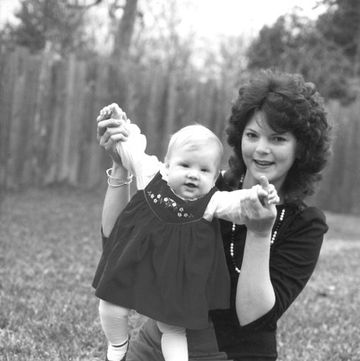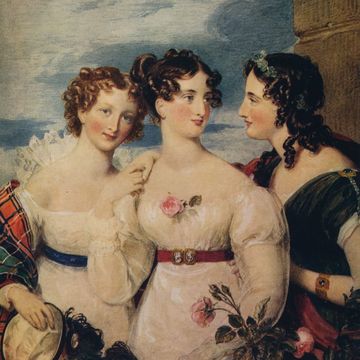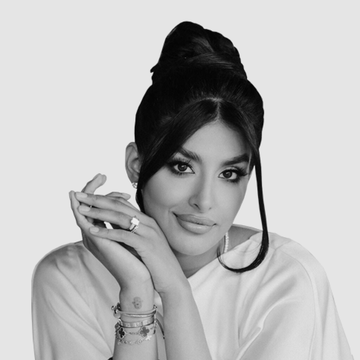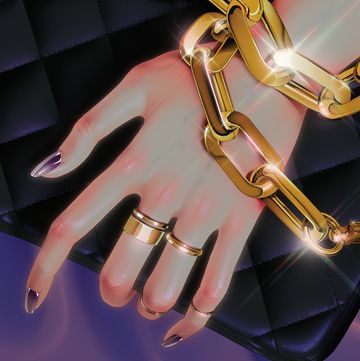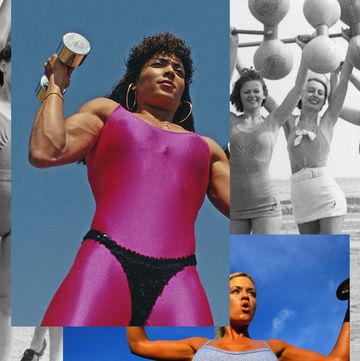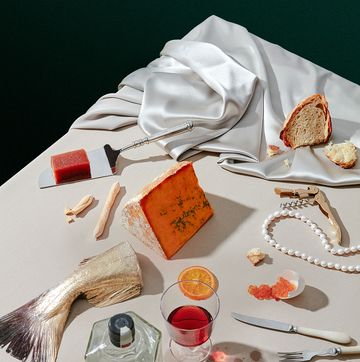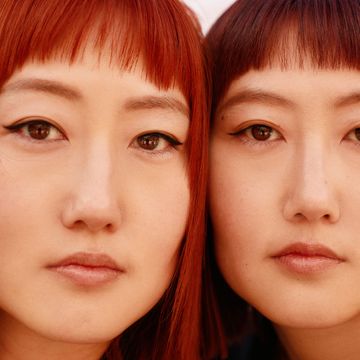I found her in my mid-30s. I had just run for Congress in New York City, and lost spectacularly. Utterly humiliated, I spent most of my time alone, glued to my couch. My now-husband, Nihal, knew just how to cheer me up: we piled into a rental car, and drove to a farm in Pennsylvania.
I immediately knew she was the one: a beagle bulldog mix, seven pounds, all wrinkles and squat limbs and crooked teeth. Her soulful eyes had seen a lot in her brief lifetime, and she looked at me like she knew I had, too.
The Congressional race had left me broke, unemployed, and hardly able to afford my own life, let alone support another. But for some reason, I forked over what remained of my bank account, scooped up the dog, and home we went. I named her Stanley. It just suited her.
In the months to come, Stanley dragged me off the couch, forcing me to once again walk the streets of the city I loved. She licked the envelopes of the “I’m sorry I lost, I promise I will become something” letters I wrote to my supporters. She was utterly fearless, if a little bit shameless, unafraid to greet strangers with a goofy smile.
And so, I tried to be brave like Stan. I founded Girls Who Code, an organization that helps little girls learn STEM. But as I was growing my career, I was also trying to grow my family—and it wasn’t going well. I shared with Stan, my four-legged confidant, what I couldn’t bring myself to tell anyone else: that I was struggling with fertility. And, worst of all, even though I knew better, I was ashamed. I blamed myself.
Stan was there to walk with me and turn the other way, when it seemed that all of New York City was just pregnant ladies pushing double-wide strollers. When I miscarried, and miscarried again, and then miscarried again, Stan was my soft tissue box, patient and still as I buried my head into her camel-colored fur and cried after receiving more bad news from the doctor. When I lay awake at night scrolling through fertility blogs, my belly bloated and sore from IVF shots, Stan was my weighted blanket, the sounds of her heavy bulldog breath eventually lulling me to a few hours of sleep. She didn’t judge me, and she certainly didn’t blame me.
When Mother’s Day rolled around year after year, and I still was not, technically, a mom, I considered that maybe Stan was my real baby. When I was with her, I would feel, however briefly, like I wasn’t a failure. To Stanley, I wasn’t a bad wife or bad candidate, bad woman or bad person. I was just Reshma. And I was loved.
She didn’t even mind, as a human sibling might, when two sticky, smelly, shrieking strangers came into our lives and took my attention—some of it, anyway—away from her. When I was 39, I welcomed my son Shaan, and then, a few years later, his brother Sai. Their S names were in Stan’s honor.
Stan adjusted well: watching over the boys, playing with them, and happily taking their food. But more than anything, she was a respite from the all-encompassing exhaustion of motherhood.
In summer 2020, as I spent my days furiously paddling to keep my head above water while looking after a newborn, a toddler, and a nonprofit gutted by COVID, Stanley was my rock. She still did not judge me, even when I accidentally left her in my building’s elevator for fifteen minutes on a particularly hectic day—a sign that I needed more help than I was willing to admit, and that maybe other moms did, too.
Later that year, as COVID exposed and exacerbated the struggles of American mothers, I launched Moms First to advocate for policies like paid leave and child care. And I started to pay closer attention to the ways moms were undervalued, underestimated, and held to impossible standards.
Although long labeled a man’s best friend, really, dogs are the best friend moms deserve. Sure, they’re a good proxy for having real, human children—the expenses, the accidents, the mysterious smells. But more than any of that, when we’re faced with the pressure to be perfect—by society, and by ourselves—dogs offer us a safe place to land: the kind of unconditional love that makes us feel like we can do anything. Like we are not, as I’ve spoken about before, imposters. It’s a gift every person deserves, but women rarely receive.
More than how to care for my children, Stanley taught me how to care for myself. How, in the face of mom guilt and mom bods and mom shame and mom penalties, I could give myself grace. Not as a gift, but as a given.
When Stan was diagnosed with cancer last spring, I thought my world had fallen apart. The veterinarians gave her three weeks to live; she lived for eight months.
I tried, every day, to be the companion to her that she was to me: cooking her fresh food every day, sneaking her gobs of peanut butter, taking her out in the middle of the night, as many times as she needed. I’d like to think that Stanley left me when she knew I could live life without her—a nice idea that provides little relief in the face of grief.
The week Stan died, Shaan turned nine. We held his birthday party at Benihana, an establishment I will probably never be able to visit again. I was devastated, irritated, and in absolutely no mood to celebrate, let alone marvel at an onion volcano. When a child complained that they didn’t like the chocolate cake, I wanted to yell, “I don’t care! Don’t you know I’ve just lost my baby?” Instead, the kid saw my glassy eyes and settled for some plain rice.
It was, to put it lightly, not Shaan’s best birthday. Once again, I felt like a failure.
But then, I thought of Stan.
Moms, and women generally, are cut such little slack. But through those watery, sparkling, soulful eyes, Stan saw me for me. Other people loved me despite my failures—Stan didn’t even see them.
And so, I do my best to honor Stan. To accept myself entirely, even when it feels impossible. To encourage the women in my life to do the same. To get off the couch, to walk through the neighborhood, to watch women with their babies, women with their dogs. To take comfort in knowing that someone loves them unconditionally—just like Stan loved me.
Reshma Saujani is the founder and CEO of Moms First and the founder of Girls Who Code. She is the author of instant national bestseller Pay Up: The Future of Women and Work (and Why It's Different Than You Think).









